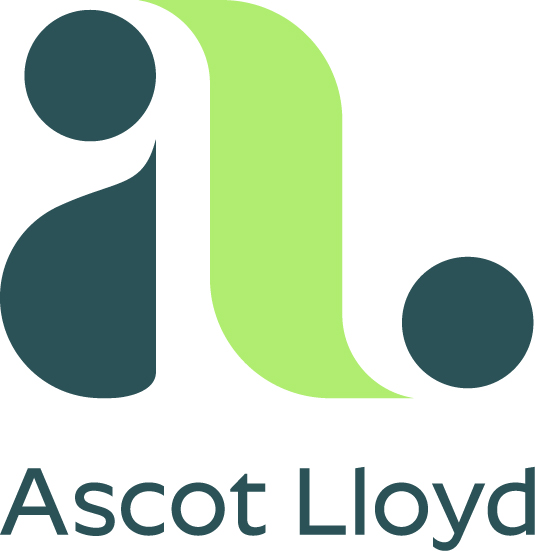
Whitechurch Securities ceasing services
Whitechurch Securities was acquired by Ascot Lloyd Limited during 2024. As part of the integration process, Whitechurch will no longer offer custody and investment services. If you are a current client of Whitechurch Securities, you will have been advised of this via letter and given options on how to move your money away from Whitechurch Securities Investment solutions and custody services.
Investment services have ceased as of 10th November 2025. If you still have money invested in a Whitechurch Solution directly through the Whitechurch custody service, please contact us as soon as possible to make arrangements to move this away dfm@whitechurch.co.uk If you have money invested in a Whitechurch solution on a third-party platform, please make arrangements to move this away to another solution as soon as possible.
Our customer portal is due to close before the end of 2025. Please contact your adviser or email us on hello@ascotlloydim.co.uk if you have any questions or concerns.